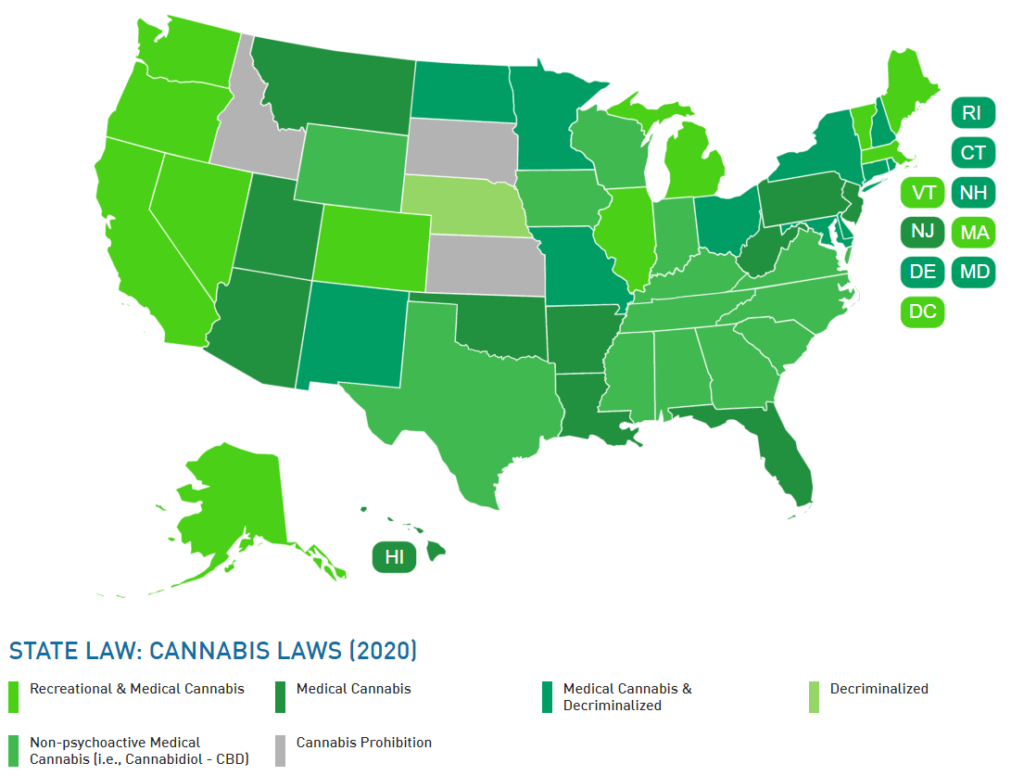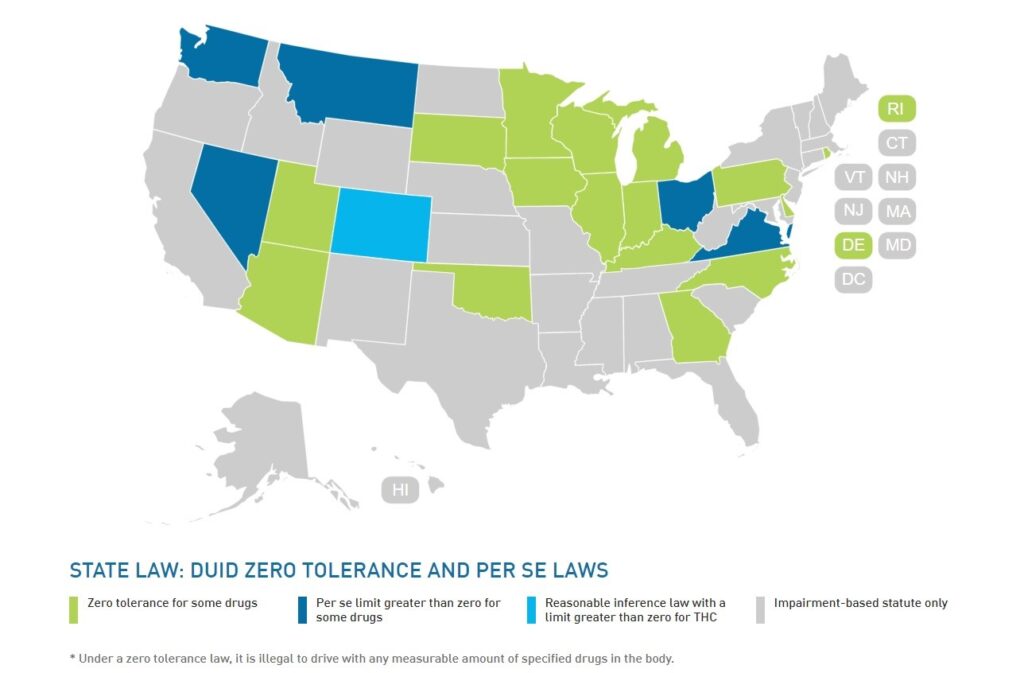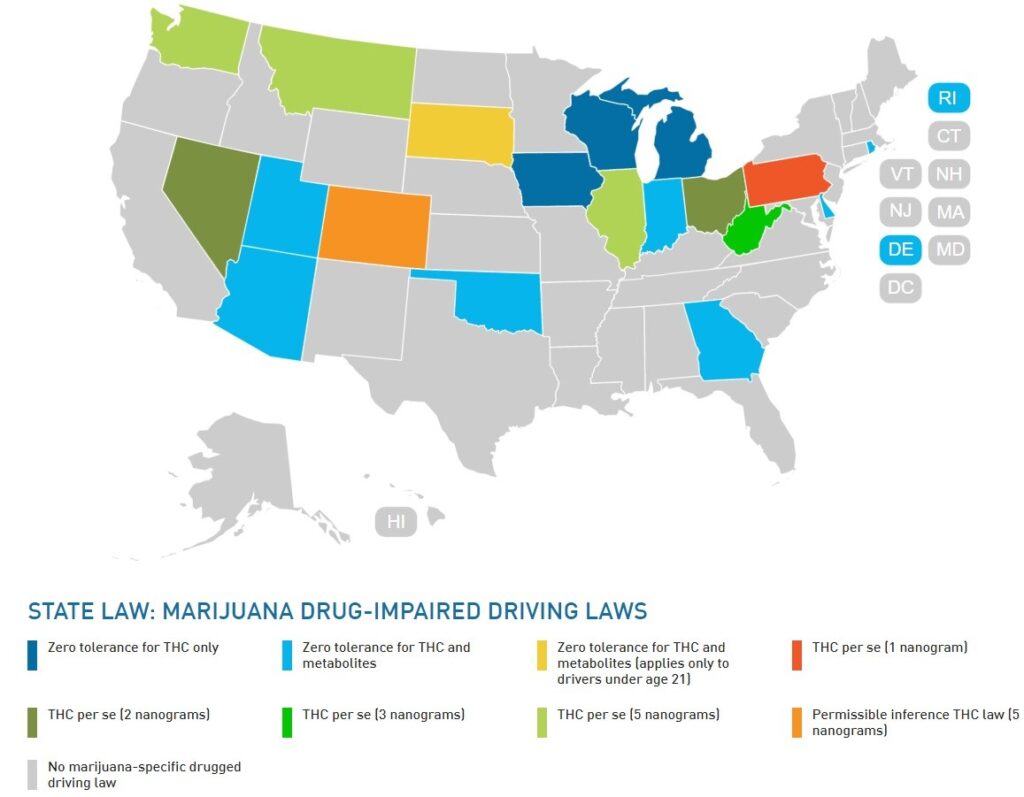Drug-Impaired Driving Laws in the U.S.
Did You Know?
Currently 33 states, Washington D.C., Guam, Puerto Rico, and the U.S. Virgin Islands have passed laws legalizing Cannabis/Marijuana for medicinal and/or non-medical adult uses
A total of 159 countries around the world have national legislation prohibiting drug-impaired driving but most of these laws do not define what is considered to be a “drug”, nor do not specify a threshold. In the U.S., although Cannabis/Marijuana is still considered illegal by federal law, currently 33 states, Washington D.C., Guam, Puerto Rico, and the U.S. Virgin Islands have passed laws legalizing Cannabis/Marijuana for medicinal and/or non-medical adult uses (see individual Cannabis/Marijuana maps in Zero Tolerance section below). A pdf of state Cannabis/Marijuana laws compiled by the Governors Highway Safety Association (GHSA) is available here.

The Federal Controlled Substances Act administered by the U.S. Drug Enforcement Administration:
- federal law nationally classifies Cannabis/Marijuana as a Schedule I substance declaring there is no accepted medical use for Cannabis and that there is a high potential for abuse with Cannabis/Marijuana use.
- Federally prohibits the distribution of Cannabis/Marijuana and violations are considered a federal offense.
Schedule I drugs have the most regulatory restrictions. Since Cannabis/Marijuana is a Schedule I drug, this limits the ability to research Cannabis/Marijuana and identify any medicinal value and public health and safety impacts.
In January 2018, a Cannabis/Marijuana Enforcement Memorandum was issued that allows federal prosecutors to decide how to prioritize enforcement of federal Cannabis/Marijuana laws and directs U.S. Attorneys to “weigh all relevant considerations, including federal law enforcement priorities set by the Attorney General, to include the seriousness of the crime, the deterrent effect of criminal prosecution, and the cumulative impact of particular crimes on the community.”
Recreational Cannabis/Marijuana Laws

Although Cannabis is federally considered illegal, states have autonomy regarding the regulation of marijuana within their state. As of November 4, 2020, 15 states and territories have approved adult-use cannabis. However, this measure does not set up a regulatory system for sales or production.
Illegal Per Se Laws
Some State laws have established illegal per se laws that designate thresholds for certain drugs where it is illegal to operate a motor vehicle (Lacey et al, 2009). In U.S. law, the term illegal per se means that the act is inherently illegal where an act is considered illegal solely upon meeting a certain determined criteria without extrinsic proof of any surrounding circumstances. There is no need for an officer to “prove” impairment with any per se law once a driver has tested above the illegal limit.
Recreational Cannabis/Marijuana per se laws
Recreational Cannabis/Marijuana per se laws specify a legal limit for Cannabis/Marijuana (eg. 2-5 nanograms (ng) limit). For alcohol, the illegal per se limit is 0.08 mg/l blood alcohol content (BAC)/breath alcohol content (BrAC).
Tetrahydrocannabinol (Δ9-THC) is one of at least 113 cannabinoids identified in cannabis. THC is the principal psychoactive (impairing) constituent of cannabis. Currently five states have set impaired driving per se thresholds of bodily content in blood (ng/ml) to provide evidence for per se impaired driving:
- Montana: 5 ng/ml
- Illinois: 5ng/ml
- Nevada: 2 ng/ml
- Ohio: 2 ng/ml
- Pennsylvania: 1 ng/ml
- Washington: 5 ng/ml
Colorado has set a permissible inference law with a threshold of 5ng/ml.
Unfortunately, the biological and scientific basis for these thresholds are unsubstantiated which is why implementing recreational Cannabis/Marijuana per se laws for states is discouraged by the scientific and traffic safety community.


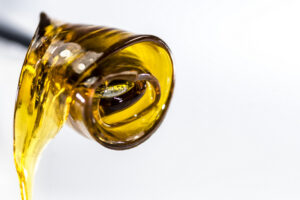
Challenges with Cannabis/Marijuana laws
Cannabis/Marijuana per se laws have proven to be challenging since we do not know how Cannabis/Marijuana will react in the body like we do with alcohol. Studies have proven that certain levels of alcohol concentrations result in impairment and it is illegal in all U.S. states to drive when impaired by the designated BAC/BrAC. Cannabis/Marijuana is not the same. There are various methods to administer marijuana (smoking, edibles, concentrates), and many different strains or concentrations of delta-9 THC (the impairing metabolite) in different forms of Cannabis/Marijuana. Each of these factors can cause the body to metabolize Cannabis/Marijuana differently.
The presence of a substance does not necessarily indicate impairment. A certain nanogram limit might indicate impairment for some users and not others. For example, a driver with a prescription for medical marijuana or a who is a frequent user may have higher Cannabis/Marijuana concentrations in their blood without being impaired. Conversely, a novice user may be impaired at a much lower nanogram concentration.
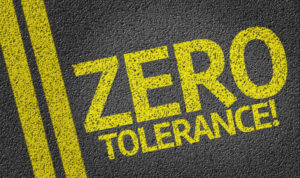
Zero Tolerance Laws
Zero Tolerance (ZT) laws determine that it is illegal to drive with any measurable amount of specified drugs in the body where the legal limit is set to zero. Many jurisdictions create a hybrid framework: ZT for illicit/legal substances and impairment-based statutes for prescription/legal substances.
Impairment Laws
Impairment laws require proof of impairment by a law enforcement officer. The officer must be able to “prove” the impaired driving behavior is due to recent drug use. See Detection page for information regarding ways to identify impairment.
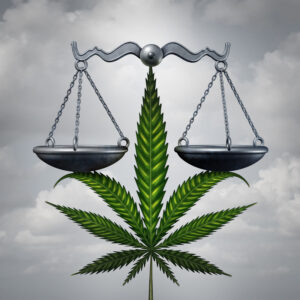
Get the Facts!
- There are several challenges with drugged driving laws:
- Current research and technology are limited in determining drug levels with regard to impairment.
- Currently there is no way to identify impairment by a specific substance concentration amount.
- People metabolize and react to drugs differently.
- Polysubstance use/drug interactions can increase/decrease various physiological and impairing effects of Cannabis/Marijuana.
- The drug climate is constantly changing (designer/synthetic).
- Some drugs can stay in the body for days/weeks.
- 6 states have specific per se limits for THC:
- Montana: 5 ng/ml
- Illinois: 5 ng/ml
- Nevada: 2 ng/ml
- Ohio: 2 ng/ml
- Pennsylvania: 1 ng/ml
- Washington: 5 ng/ml
- 1 state (Colorado) has a reasonable inference law for THC
- 16 states have zero tolerance laws in effect for one or more drugs
- 17 states have zero tolerance or non-zero per se laws for marijuana.
- 10 states have zero tolerance for THC or a metabolite.
- 3 states have zero tolerance for THC but no restriction on metabolites.
- Zero tolerance policies can be effective for enforcing prohibition of drug use in the workplace (sample policy).
Medical Cannabis/Marijuana Laws
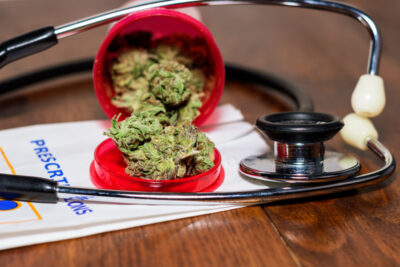
In 1996 California was the first state to allow for the medical use of Cannabis/Marijuana. As of November, 4 2020, voters in Mississippi and South Dakota approved a measure to regulate cannabis for medical use, bringing the total to 36 states and 4 territories. A comprehensive list of state medical marijuana laws can be found here: https://www.ncsl.org/research/health/state-medical-marijuana-laws.aspx
In early 2017, the based on the review of over 10,000 scientific abstracts from Cannabis/Marijuana health research to identify potential health benefits for Cannabis/. This report provided 100 conclusions in this regard and made suggestions to improve further cannabis research.
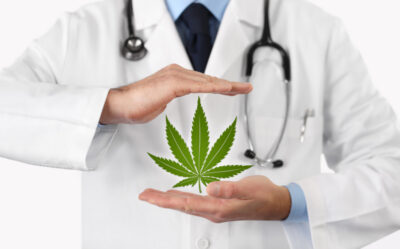
Get the Facts!
- 13 states allow use of “low THC, high cannabidiol (CBD)” products for medical reasons in limited situations or as a legal defense. Low-THC programs are not counted as comprehensive medical Cannabis/Marijuana programs.
- Medical Cannabis/Marijuana “prescriptions” are more often called “recommendations” or “referrals” because of the federal prescription prohibition.
- According to the National Conference of State Legislatures (NCSL), states with medical Cannabis/Marijuana laws usually report a patient registry, to provide medical rational for possession up to a certain amount of Cannabis/Marijuana for personal medicinal use.
Cannabis Employment Laws
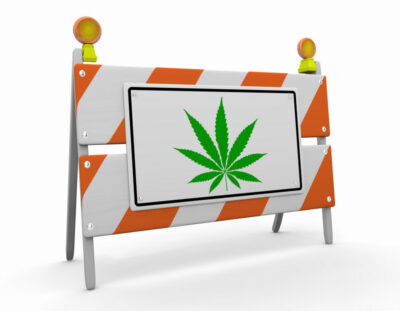
According to NCSL, most states that have legalized medical or recreational Cannabis/Marijuana allow for the implementation of testing policies and decisions at the individual employer’s discretion. Some states have policies in place that address equity and equality issues for medical Cannabis/Marijuana patients. Significantly fewer states require employers to carve out accommodations for these patients.
The table below identifies states with laws that prohibit employers from refusing employment to, or otherwise discriminating against a qualifying medical Cannabis/Marijuana patient or medical Cannabis/Marijuana “cardholder”.
State Cannabis/Marijuana Employment Laws
State | Medical Cannabis Anti-Discrimination Employee Protection (Year) | Medical Cannabis Required Accommodation | Recreational Cannabis Anti-Discrimination Employee Protection (Year) |
Yes (2014) | No | No | |
Yes (2016) | No | No | |
Yes (2017) | No | No | |
Yes (2011) | No | No | |
Yes (2019) | No | No | |
Yes (2019) | No | No | |
Yes (2018) | No | No (Repealed in 2017) | |
Yes (2012) | No | No | |
Yes (2015) | Yes (2019) | Yes (2019) | |
Yes (2014) | No | No | |
Yes (2019) | No | No | |
Yes (2016) | No | No | |
Yes (2013) | No | No |
Source: National Center of State Legislatures: https://www.ncsl.org/research/labor-and-employment/cannabis-employment-laws.aspx
On December 1, 2016 OSHA announced that a blanket post-accident drug testing policy may be improper. However, drug testing can be conducted following an on-site work accident if:
- the employer has a reasonable basis for concluding that drug or alcohol use could have contributed to the injury or illness;
- the test will determine if the impairment existed at the time of the accident/injury (if available); or
- State law allows such testing.
Medical Cannabis/Marijuana and Employer Liability
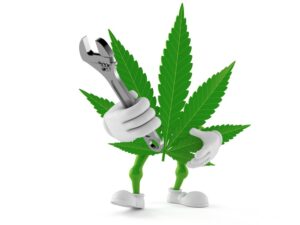
Do employers need to allow use or possession at work?
Employers won decisions in California (2008), Oregon (2010), Washington (2011), Montana (2012), Colorado (2015), and New Mexico (2016) where employers do not have to accommodate medical marijuana use. However, in a legal case in Massachusetts in 2017, Barbuto v. Advantage Sales & Marketing, the outcome determined employees might be entitled to accommodations and that employers must engage in interactive process.
In an effort to reduce employers’ liability regarding employees’ actions when impaired by Cannabis/Marijuana, Indiana outlining employment discrimination against medical cannabis patients, but allows employers to prohibit medical patients from performing any task while under the influence of cannabis. In addition, prohibition of performance specific tasks would not be considered unlawful discrimination even if it resulted in financial harm to the employee. For example, performance specific tasks related to their employment could include driving, operating heavy machinery, or tasks related to public health and safety.
To limit exposure to second-hand Cannabis/Marijuana smoke, some states have added Cannabis/Marijuana to their smoke-free laws. For example, Washington’s smoke-free law includes “any kind of lighted pipe, cigar, cigarette, or any other lighted smoking equipment,” which also covers Cannabis/Marijuana smoke.
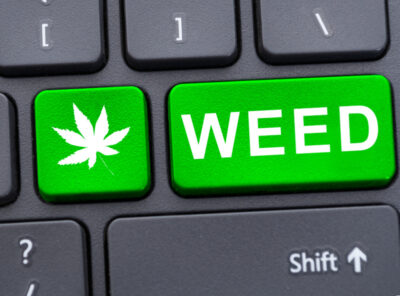
Get the Facts!
- Non-federal employers are prohibited from taking into consideration the use of medical cannabis or positive drug test results when making hiring and firing decisions if the employee’s use is restricted to outside of the workplace and the job would not result in serious harm to others
- Most states do not require any special workplace accommodations for medical Cannabis/Marijuana patients and leave policies relating to cannabis use and subsequent disciplinary actions up to individual employers.
- Nevada passed AB 132 in 2019, which allows for employment protections for recreational users, the first state in the nation with such a provision on the books
- Nevada requires an employer to attempt to make reasonable accommodations for the medical needs of an employee who engages in the medical use of cannabis provided such an accommodation would not pose a threat of harm or danger to persons or property, impose undue hardship on the employer or prohibit the employee from fulfilling any and all of their job responsibilities.
- In 2016, Maine voterspassed an initiative permitting the recreational use, retail sale and taxation of Cannabis/Marijuana by popular vote.
- This included an employment anti-discrimination provision for recreational users as well.
- Maine’s General Assembly repealed this statute through legislation in 2017.
- Currently, states are considering how to amend state policies to help employers adapt to changing cannabis laws.
- Wisconsin is considering AB 220 which would legalize recreational cannabis and includes employment protections for the lawful use of cannabis.
- New Jersey is considering several bills related to medical cannabis in general and most contain some employment protections for patients. AB 20 has passed both houses and would prohibit employer discrimination against individuals who are medical cannabis patients. AB 10 is currently being resolved on concurrence and would, similarly, require employers to present evidence that an employee’s use of medical cannabis outside of working hours somehow impaired that individual or interfered with their ability to do their job before being able to take any disciplinary actions.
- In 2019, Massachusetts considered legislation to eliminate workplace drug testing for cannabis.
- Some states are working to reduce employment barriers for individuals with previous low-level Cannabis/Marijuana convictions.
- Alaska introduced a bill in 2019 that would restrict the release of certain records pertaining to low-level Cannabis/Marijuana convictions for crimes that would be considered lawful today.
- This bill ensures that employers would not have access to information about Cannabis/Marijuana convictions of prospective employees.
- A Senate bill in Illinois would seal records of non-violent criminal convictions for 10 years after the termination of the petitioner’s last sentence.
- This bill states a petitioner may petition the court to expunge records of a conviction or guilty plea for possession of not more than 10 grams of cannabis if three years or more have passed since the petitioner has completed his or her sentence.
- Wisconsin is considering AB 220 which would legalize recreational cannabis and includes employment protections for the lawful use of cannabis.
- New Jersey is considering several bills related to medical cannabis in general and most contain some employment protections for patients.
- AB 20 has passed both houses and would prohibit employer discrimination against individuals who are medical cannabis patients.
- AB 10 is currently being resolved on concurrence and would, similarly, require employers to present evidence that an employee’s use of medical cannabis outside of working hours somehow impaired that individual or interfered with their ability to do their job before being able to take any disciplinary actions.
- According to the National Institute on Drug Abuse, Cannabis/Marijuana smoke contains as much tar and 50 percent to 70 percent more carcinogens than tobacco smoke.
- Although Cannabis/Marijuana users usually smoke less often, they tend to inhale more deeply and longer than tobacco smokers do, increasing their lungs’ exposure to carcinogenic smoke.
- Several studies have suggested Cannabis/Marijuana smoke may cause lung cancer.
- According to the American Lung Association, frequent Cannabis/Marijuana users, including those who do not smoke cigarettes, have more health problems and miss more days of work than nonsmokers.
- States that enacted Cannabis/Marijuana “Smoke-free Laws”:
- Montana lawmakers specifically added medical Cannabis/Marijuana to their statewide clean indoor air act in 2011.
- California prohibits smoking medical Cannabis/Marijuana in any place where smoking already is banned.
- Rhode Island bans Cannabis/Marijuana smoke in public places, on school grounds and wherever it may harm children’s health, and bans operating vehicles, aircraft and boats under the influence of Cannabis/Marijuana.
- Vermont bars smoking Cannabis/Marijuana in all indoor and many outdoor public places and prohibits operating vehicles, boats or heavy machinery while under the influence of Cannabis/Marijuana.
- Maine forbids Cannabis/Marijuana smoke in places where smoking is prohibited by a landlord.
- North Dakota’s recently expanded smoke-free law includes “lighted or heated tobacco or plant product intended for inhalation.”
What Employers Can Do

Employers can implement a DRUG-FREE POLICY.
See WORKPLACE PREVENTION section for more information.

